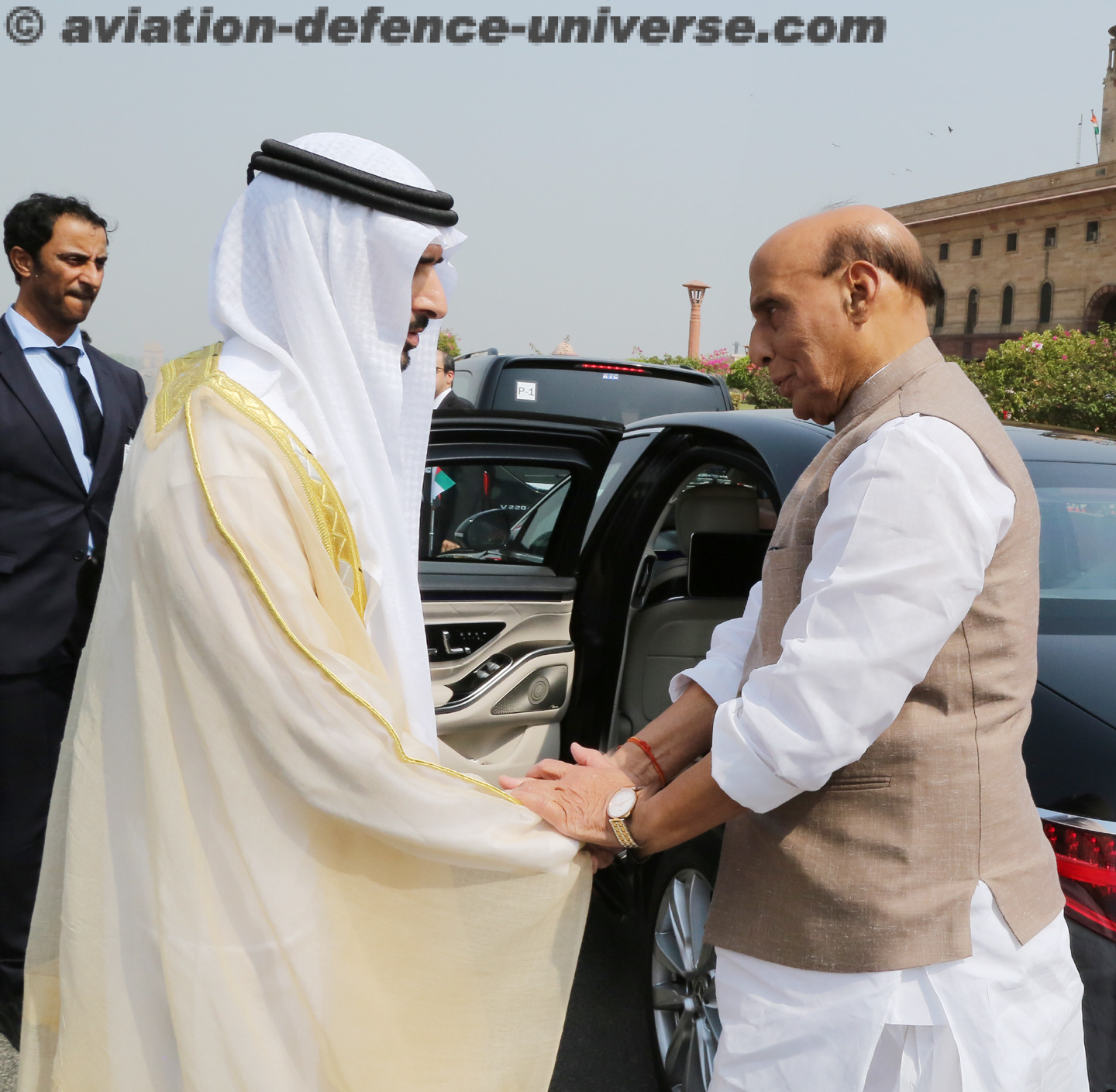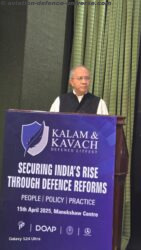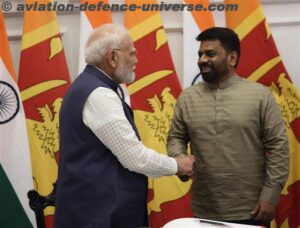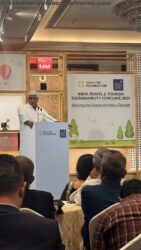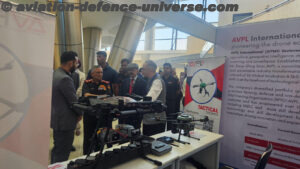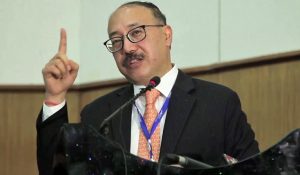
- Foreign Secretary Harsh Vardhan Shringla on India’s Role in Progressive Multilateralism
By Gayatri Sahaay
Pune, India. 15 May 2021. The recent clashes in the Middle East have imprinted themselves on our memories. But were these avertable? This is a question which begs a deeper analysis. A major criticism of the UNSC, applicable beyond the Israeli-Palestinian conflict, involves the Veto power of the P5.
From 1946, the UNSC has vetoed 65 resolutions critical to the resolution of conflicts in the Middle East. One country’s objection, over the opinions of a majority, can and has obstructed UN diplomatic or armed responses to a crisis.
In a recent UNSC meeting on “Upholding Multilateralism and the UN-centred International System”, Indian Foreign Secretary Harsh Vardhan Shringla highlighted the “pressing need for comprehensive reform” within the UN’s primary decision-making organ.
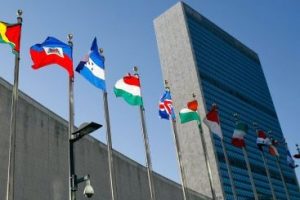
The Foreign Secretary began his speech by highlighting the contribution of the UN in ameliorating the present world order. However, he emphasized the need for an improved multilateral system. “The UN has been credited with largely keeping the peace over the last seven and a half decades and for contributing in many ways to the betterment of the lives of the world’s humanity”, he said. “At the same time, it has been found wanting in its ability to garner a concerted response to tackle the world’s most complex challenges”, added the Foreign Secretary.
Several disruptive problems such as extremism, healthcare crises, climate change, polarization, and information asymmetry have emerged as major threats to world peace. The Foreign Secretary further comments, “While the UN has addressed most of these issues somewhat partially and intermittently, our collective effort has nonetheless fallen short in providing effective and enduring solutions, particularly due to the infirmities within the multilateral system.”
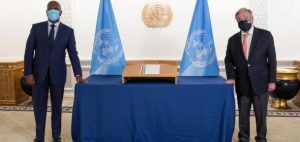
The flaws of the decision-making system lie in narrow representation; and privileges of few nations pose a serious challenge to the UNSC’s credibility and effectiveness. In referring to the exclusivity of the Veto power, the Foreign Secretary said, “How can we explain the contradiction of Africa not being represented in the Security Council in the permanent category, even though African issues dominate its agenda?” The Kenyan Foreign Secretary’s speech echoed the same ideology when she asserted, “Multilateralism without inclusion is both unsatisfactory and limited.”
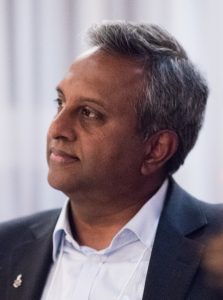
As a matter of fact, when Amnesty International’s Secretary-General, Salil Shetty, was asked in a 2018 interview whether the P5 have been abusing the Veto power, he replied with a prompt “without question”. A prime example of this is Russia’s stance on the Syrian civil war. Russia has used the Veto power more times than any other P5 member. Most recently, it has used the Veto power twelve times on draft resolutions concerning its ally, Syria. That includes drafts that would have allowed chemical weapons investigations, imposed sanctions, and referred Syria to the International Criminal Court. More than 400,000 people have died as a result of the conflict in Syria since 2011. Russia has had a similar strategy with regards to crises in Ukraine and Crimea.
However, this is not a practice exclusive to Russia. China has also exploited its Veto power to restrict the Taiwanese and Hong-Kong independence movements and prevent decisive action against the Uyghur genocide. The US too has not refrained from using the Veto to favour Israel in the Question of Palestine, shooting down various resolutions. These resolutions were aimed at condemning Israeli settlements, authorizing an Israeli withdrawal, and investigating the mass killings of Palestinian protestors.
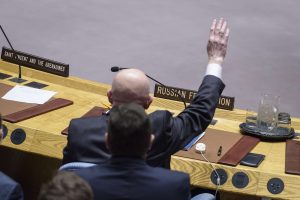
Such practices by various nations are consequently monopolizing the peace-process in conflicts around the world. As a result, a number of long-standing international crises, such as the Rohingya genocide, the Israeli-Palestinian conflict, the Kashmir conflict, the Uyghur genocide, and tensions in the Middle-East remain humanitarian catastrophes. This indicates that the function of the Security Council has veered away from the protection of human interests and is instead creating a platform for countries to play out their economy-driven and religion-driven politics.
The structure of the Security Council has remained largely unchanged since its first meeting. How can the varied challenges of today’s dynamic and inter-dependent world be addressed with outdated systems that were designed to deal with challenges of the past?
“When power structures continue to reflect the status quo of a bygone era, they also start reflecting a lack of appreciation of contemporary geopolitical realities”, said the Indian Foreign Secretary. He further added, “Multilateral institutions must be made more accountable to their membership, they must be open and welcoming to a diversity of viewpoints and cognisant of new voices.” He added that the Security Council “can deliver effective solutions only if it gives a voice to the voiceless rather than zealously guarding the status quo of the mighty.”
A proposed solution to this power imbalance is the imposition of “voluntary restraint”, which suggests that the Veto powers must not use their influence in situations where mass atrocities and being committed. However, this proposal is not considered to be a practical solution since the definition of “mass atrocities” is highly ambiguous.An alternative proposal is to expand the membership of the P5 to a larger number of countries, rather than restricting its membership. The glaring lack of permanent representation from regions like Africa, Latin America, the Middle East, and Asia is the greatest obstacle to equality in the global forum.
Foreign Secretary Harsh Vardhan Shringla made a formidable case for the necessity of India’s presence as a Veto power, “India stood at the forefront during the UN’s tumultuous years of struggle against colonialism and apartheid. During our eight terms as a member of the Security Council, we have always endeavoured to be a voice of reason and understanding, a voice of the underrepresented developing world, a bridge-builder for narrowing divides and fostering consensus. We have been the leading advocate of the concerns and aspirations of developing countries and the creation of a more equitable international economic and political order.”

This is a highly valid argument. As the world’s second largest democracy, and soon to be the most populous country in the world, the exclusion of India from the Veto power is synonymous to the stifling of 1.3 billion voices. India undoubtedly plays an integral role in the world, with a record of prompt action on climate agendas, the establishment of sustainable partnership programmes for socio-economic development, and vociferous human rights advocacy. India’s role within the UN too is invaluable – it has been the leading contributor towards UN Peacekeeping Missions, having sacrificed the highest number of lives.
While the UN does create a vital space for diplomacy, mediation, and maintenance of international peace, there is an urgent need for inclusive structural reforms in the UN to “save the succeeding generations from the scourge of war”.
















